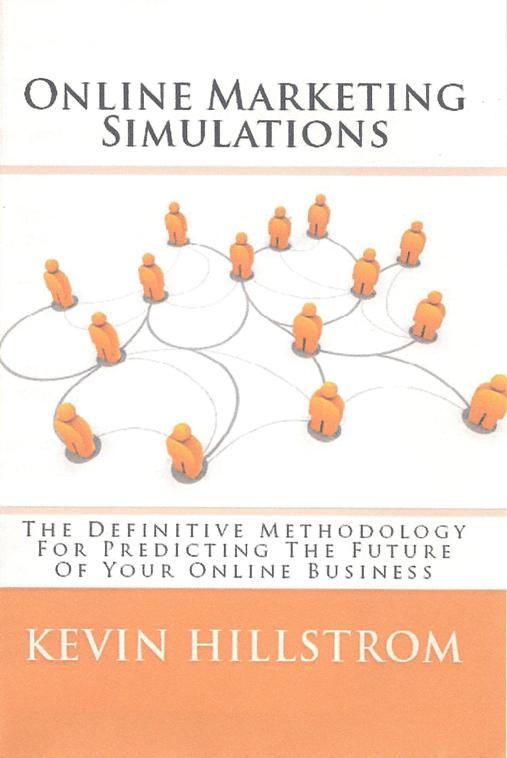Circuit City: Did Multichannel Best Practices Make A Difference?
Circuit City will close 155 stores. Here's how folks on Digg feel about the news.
Circuit City is loved by multichannel experts, pioneering buy-online-pickup-in-store programs that allegedly fuel the "clicks and bricks" advantage for retailers. Check out this presentation from March 2008, promoting "How Web Savvy Customers Are Radically Transforming Retail". In the presentation, Circuit City is lauded for a smart integrated channel strategy.
On the Circuit City homepage today, you'll find free shipping or twenty-four minute in-store pickup. And the brand offers the same price across channels, a strategy the experts love.
Circuit City is doing so many of the things that the experts tell us we must do --- this leader tells us that Circuit City generates an additional $154 from each of these wonderful cross-channel customers. And yet, comp store sales are awful. Online, however, traffic is comparable between Best Buy (via Quantcast) and Circuit City (via Quantcast).
So how is it that all of these brilliant strategies, promoted by so many smart people, result in a brand that generates half the sales per square foot of Best Buy, leading to a decision to close 155 stores? Heck, from 2004 until recently, Circuit City was led by a former Best Buy VP of Customer Segments, and the brand struggled long before deciding to can the 3,400 highest paid employees in 2007.
How does a brand fail when it essentially sells the same merchandise as a key competitor, and executes the multichannel strategies demanded by industry leaders while competitors do not execute similar strategies? Either the strategies don't work, or the strategies have little relevance compared with in-store execution and customer service and store location. Either way, why invest all this effort if it doesn't translate into measurable sales per square foot increases, online conversion improvement, or comp store sales increases?
Now somebody might say "Yabut Circuit City comps would be really bad without these strategies". And that person might be right.
But isn't it time to question what we're being sold? Isn't it prudent to question established best practices? Might it make sense to question the motives of the folks telling us what multichannel best practices are?
Multichannel Forensics studies suggest that multichannel marketing strategies are less important than customer migration patterns across channels. If channel migration patterns result in the customer landing in a channel (retail) that does not resonate with the customer, then the entire multichannel ecosystem (and corresponding strategies) break down. We just don't think about the entire ecosystem often enough, we don't think about the consequences of a hole in one part of the ecosystem.
This isn't about me, however, and it isn't ultimately about Circuit City --- it is about you.
What do you think about the multichannel strategies we're taught to execute? Do they matter? Have they been proven to increase comp store sales, online conversion rates, sales per square foot, or spend/profit per customer? Would you execute multichannel strategies, or would you pare them back in favor of brilliant merchandising and execution and expense management and customer service?
What would you do to re-invigorate Circuit City business performance?
Labels: best buy, circuit city


